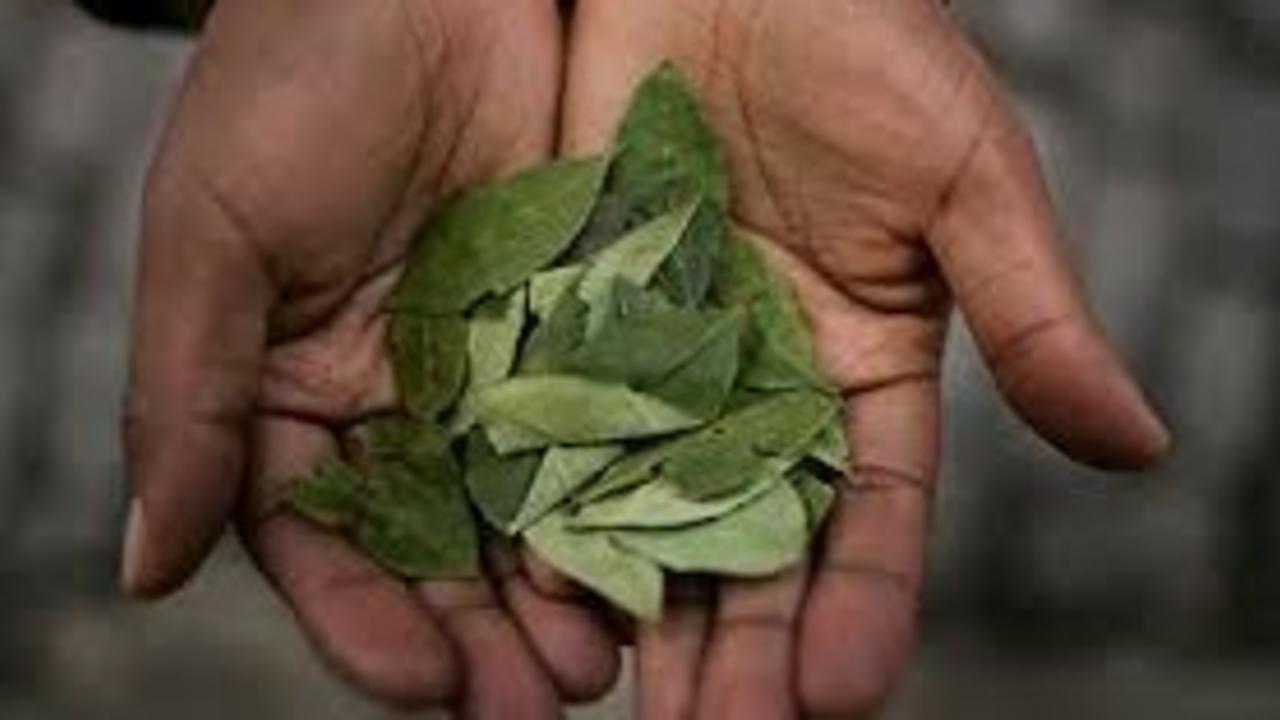Fair trade coffee, organic veg – the ‘ethics’ of cocaine production.

There have been a few articles recently about the perils of using cocaine, one in particular by a dentist talking about how cocaine use can lead to a hole in the roof of your mouth. I personally don’t find articles like this useful. There are many reasons why we should really think twice about using cocaine, however worrying about a hole appearing in the roof of our mouths probably isn’t one of them.
It’s scaremongering - how many people do you know who have used cocaine, even large amounts, with no adverse physical health effects? So let’s be honest and talk about the real reasons; the reasons that might make people like us, with a conscience, think twice about their little weekend boost.
Let’s start with where it comes from and how it gets to you.
Trust me, your cocaine isn’t fair trade. Are you someone that buys organic veg? Fair trade coffee? But then buys a few grammes at the weekend for fun?
There are estimated to be over 17 million users of cocaine worldwide, so there is clearly a high demand for this product.
Environmental impact
It has been estimated that every gramme of coke used in the UK will have been responsible for the destruction of four square metres of rain forest in Columbia or the Amazon.
This is due to the impact of the chemicals used in growing and production. Because the growing of coca is illegal, the farmers need to grow and yield their product as quickly as possible - this means using techniques that degrade the soil.
The manufacturing process causes even more problems, illicit factories dump toxic chemicals such as kerosene, ether and sulphuric acid into the rivers and soil.
Then there are the chemicals used by governments to spray crops to destroy them.
Human cost
The majority of cocaine is consumed in North America and Europe. But it has to come through Mexico and North Africa to get to us. The cocaine trade is a huge, unregulated enterprise that causes a large number of deaths per year, before it even arrives at your evening dinner party.
Since 2006, estimates suggest there have been more than 36,000 deaths relating to the drug war, 1300 of whom were children and 4000 women.
Women and children are often involved in the movement and trafficking of cocaine, so a large number of them are also in prison because of this.
https://broadly.vice.com/en_us/article/what-its-like-to-be-a-female-drug-mule-serving-time-in-prison
Unfortunately stepping up the war on drugs just increases the death toll, as the criminal gangs fight back and try to eliminate each other.
To find out more read this article on how the cocaine trade effects everyone’s lives.
http://news.nationalgeographic.com/2015/08/150812-cocaine-drugs-cartel-narcotics-mexico-ngbooktalk/
What is very clear to me and, I hope, most sensible people is that there is a demand for this product, and that isn’t going to change by itself. There needs to be good legislation to support coca farmers, like the work in Bolivia. Its policy works through using legalisation, regulation, and co-operative control. And although not perfect, it’s a move in the right direction. Check out this article for more information on the work in Bolivia. http://fusion.net/story/185398/how-bolivia-became-a-drug-war-success-story-after-ousting-uncle-sam/
Personal health risks
There are some health risks to personal use of cocaine. However, this doesn’t really motivate people to question their usage as, let’s be honest, how many of us know someone that has a physical health problem as a result of their cocaine use? The main issues for physical health is the risk of heart attack and strokes. Cocaine is a stimulant and raises your heart beat and increases your blood pressure, while constricting the artery’s blood supply. This can result in interrupted blood flow to the heart and can result in a heart attack. Cocaine can also constrict blood flow to the brain and result in a stroke.
The more worrying effects that I have observed are the impacts of cocaine use on people’s emotional and mental health. Cocaine works on the feel-good parts of the brain. So, we feel more confident, more attractive, more interesting when we use cocaine. That can be psychologically addictive and people find themselves using more to get the same effect.
And what goes up must come down. After a while people can experience emotional and mental health symptoms, such as depression, anxiety, paranoia, psychosis, suicidal thoughts and erratic sleep patterns.
Mix that with alcohol and it creates a highly toxic substance called cocaethelyne, which increases the physical health risks significantly.
You can just stop.
The thing is to find something that motivates you. If you are someone that is motivated by people, the planet, being a better person etc., then do some research on the cocaine trade. It will help you to stop and stay stopped.
You may need to stay away from the action for a bit, friends that use, places where it’s available. That’s ok. You can take a break from partying for a few months. After a while you will feel so much better.
If you want to learn more about the cocaine trade watch Cocaine Unwrapped, it was on you tube but has been taken off for some reason, have a google search and see if you can find it. I will have a look around as well. Its a great film.
Check out my other blogs for more top tips and living a healthy happy life. Any questions please ask.
If you are interested in stopping using cocaine, check out my free videos https://www.ichange21.com/how-to-stop-using-cocaine
Or my free ebook if you prefer How to get started with stopping.

